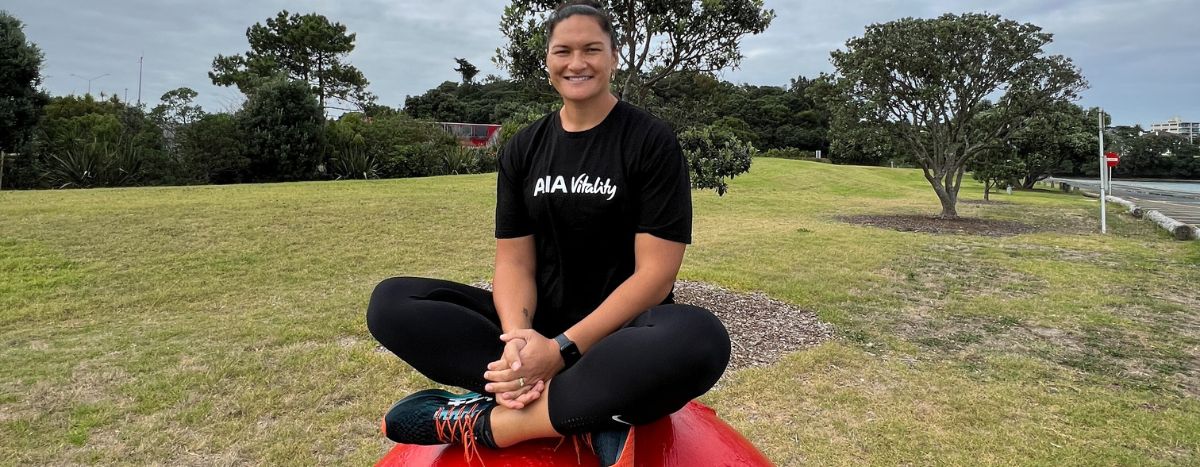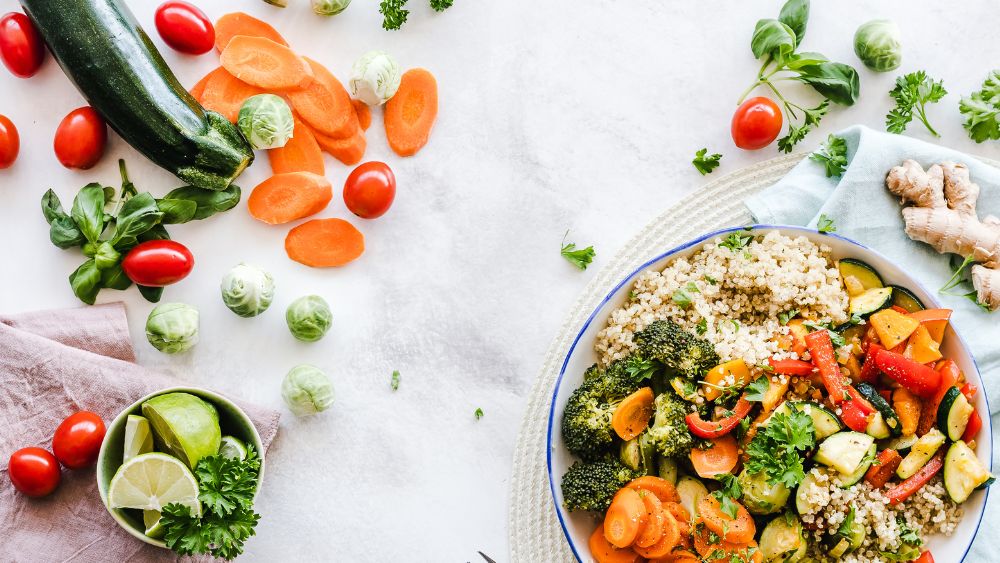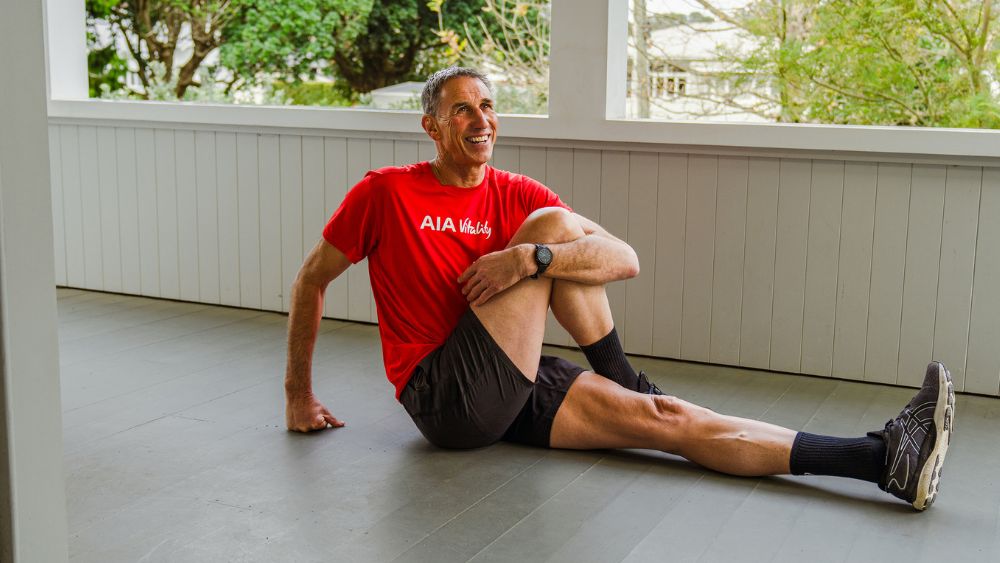Dame Valerie shares her experiences of what life was like as an athlete inside a global sporting event, and offers us an inside look into what it’s like in the village, sleep and nutrition challenges, and the psychological dynamics of living alongside competitors.
Life in the village
Living in the village has its own unique challenges. The scale of the village often means you’re walking long distances just to get food, which isn’t something you’re used to in regular training. You need to plan, considering travel times to the food hall, the bus schedule, and training times. It’s an environment where distractions are everywhere, and keeping focused is key. It’s also a time to be disciplined in what you choose to eat, as the food hall offers every kind of food you can imagine, available 24/7!
Psychological dynamics with competitors
There is a huge psychological element that comes with living alongside competitors. Before competitions, I have always kept interactions with other athletes to a minimum – just an eyebrow lift here and there. I tended to keep my head down and wear a cap in the Village dining hall to avoid eye contact. It’s a silent, intense game of mental strength where you give nothing away and show no weakness on and off the field.
After competitions, it’s different; you can relax and socialise. But before, it’s all business.
Adapting training routines
In the lead-up to the Athens, Beijing, Rio, London and Tokyo games, my everyday training routine changed to ensure peak performance. Essentially, the idea is to taper down, meaning less training that is higher quality. It’s all about smart adjustments to ensure that you peak at the right time for best results, and we ‘trial and error’ these routines at the start of the season to see what works best for my body.
For me, tapering is very specific. Two days before a competition, I rest. The day before the competition, I always lift, and three days out is the last time I throw. It’s a finely tuned process to help maximise performance on the day.
Managing sleep and nutrition
Maintaining high-quality sleep when under stress is always challenging. Reducing my phone and screen time was helpful for me, but adrenaline often keeps athletes awake and keeps us going before a big moment. After a major championship, a crash is to be expected as adrenaline levels go back to normal.
Nutrition is equally important. During high-pressure situations, it can be hard to hold down food or find something you like. It’s about being super disciplined and having a schedule for when to eat and what to eat - even if you don’t feel like it.
The role of support systems
Support systems play a vital role in success. My family and friends would support me from afar, understanding that during competitions, it was best to stay away so I could maintain my focus.
The tight knit team I had around me knew exactly what to do without needing to speak much. Everyone had their role, knew the part to play, so everything ran smoothly.
Lessons I learnt
Competing in five major global sporting events gives you experience to better adjust to a high-pressure environment. You learn to handle the noise and expectations better. It’s about saying no when needed and managing your responsibilities.
One thing that is so important is remembering to slow down and not get too excited. Stick to your routine and what you know. I would remind myself it’s just another competition, even though I’m on the world’s biggest stage. Planning and ‘sticking to your knitting’ was crucial for maintaining focus.
Memorable moments
Every journey has its own story, but there are a couple of moments that I will always hold in my heart. One of my most memorable moments was in Beijing. Everything just clicked. I remember the intense competition and the silent battle of wills with my competitors. Each time I took a throw, I’d calmly wrap my blue towel around my neck, showing no emotion. It was as much a mental game as a physical one. Walking away with a gold medal after that intense showdown is something I will always cherish.
But one of my proudest moments will always be from Tokyo, where I was competing as a mother of two and was able to win a medal while holding up a photo of my kids.
From my experience over the past 25 years, I’ve found that planning, mental toughness, and having a strong support system are crucial for success. Competing on the world stage is a labour of love – it is a journey of discipline, focus, and immense dedication.






